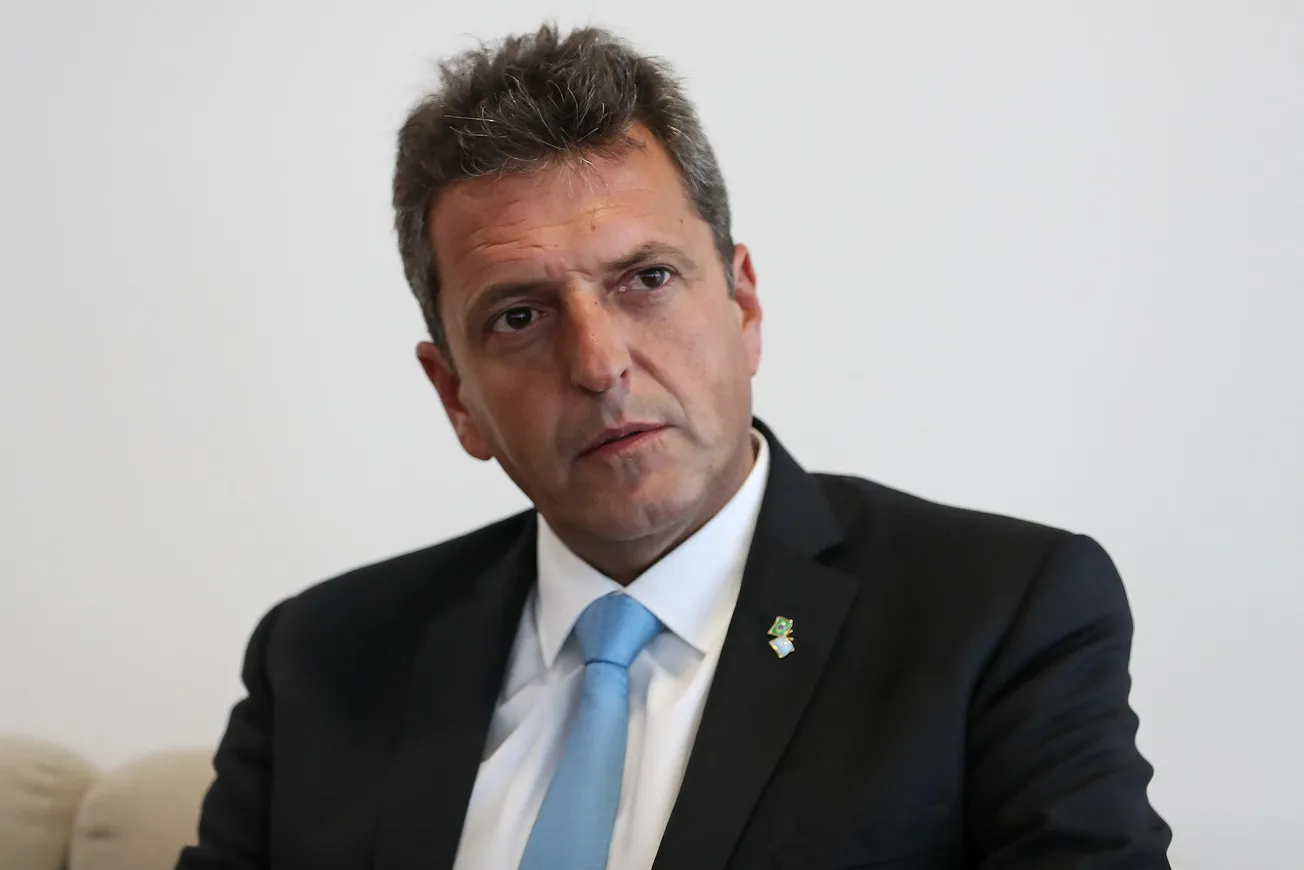In Argentina’s Oct. 22 general elections, Sergio Massa, candidate of the ruling Unity for the Fatherland (UP) coalition, won a surprising 36.7% of the vote, beating out Libertarian extremist Javier Milei of the Freedom Advances (LLA) party, whose 30.1% remained unchanged from his gains in the Aug. 14 primaries. With 24% of the vote, neoliberal Patricia Bullrich of the Together Let’s Change coalition, is now out of the running and Massa and Milei will face each other in the Nov. 19 runoff election. Milei has already appealed to Bullrich and her followers to join forces with him against Massa.
That Massa’s vote totals were 10% higher than the 27% he won in the August primaries
surprised even many of his backers, who are now pointing to the “Massa miracle.” That he did so well was unexpected in a country with 140% inflation, where supermarket shelves are often empty, and the economy crushed by the IMF—with many voters blaming Massa, who is currently the Economics Minister of the Fernández government. As one source in Buenos Aires told EIR, there were tens of thousands of desperate citizens who were prepared to vote for Milei, not because they liked him but because they felt completely abandoned by the “Peronist” government that was supposed to protect them.
Most Anglo-American media expressed shock and surprise at the win by “populist” Massa, chief among them London’s Financial Times which headlined its Oct. 23 coverage “Surprise Win Shows Peronism’s Remarkable Resilience.” The FT attributes Massa’s win to the fact that he took Brazilian President Lula da Silva’s advice of a few months back to “stop collecting dollars and collect votes” and “is now counting his blessings.” Lula had also sent in a team of about 20 election experts to help Massa shape a positive, future-oriented campaign message rather than adopt an attack dog mode against Milei’s insane proposals.




